An ordinary man and his son won against the state after 13 years: "We were the greatest support to each other" (VIDEO)
With a long line of hospitals behind them, which marked their lives, former director of the Emergency room and the renowned Belgrade artist are standing with their heads tall. Their name was a taboo until recently, and that is why Borko didn't want Andrej to mention that he was his father. However, since October 3, when Andrej opened his first solo exhibit, the last name Josifovski started ringing with the sound of triumph. The celebrated the long-awaited acquittal at the stage of the Ostavinska-gallery in Belgrade.
- We have beaten the Ministry of health, the Ministry of internal affairs, the Anti-Corruption Agency, the High Court in Belgrade, we have beaten the state - said father Andrej.

It was the year 2005, he was still in high school and his father, former head of the Ambulance, discovered a great affair in this facility, which shook the entire region. He gave evidence which points out that the doctors who go for a house visit, with the constant contact with undertakers, don't provide necessary help to the patients, and they were taking money for it. Instead of the state answering to these charges, Borko was fired and he was placed on a wall of shame.
- Crime in the ambulance was growing, and the trade with death became an organized business. In the end, when I was chased away, an undertaking company was registered for the ambulance. However, it was a brave and courageous judge in Belgrade who reached the verdict that I disturbed the public because there was a serious crime against the health of the people, which was hiding behind the death trade and I was persecuted by the state - Josifovski said.
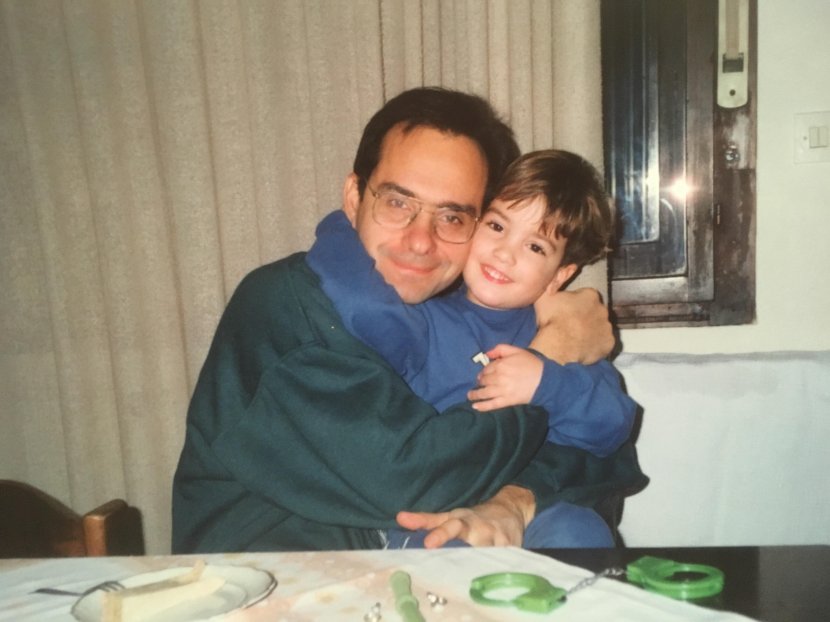
After going to the public with his claims, his life turned into a horror movie. People were following him in the streets, they waited for him in front of the building where he lives, death threats. That was the end of Andrej's childhood.
- I remember mom calling me and saying: "Don't go out, they are in front of the building. They just called Borko. We are coming back and we will see what we will do". The same thing happened while I was walking back from school, they told me not to come home because it was not safe. On the other side of the school, I met with various negative comments. I was suddenly cast off and while I was walking down the hallway, I would hear whispers: "That is him, his father is the one"... To save us from all of that, my father decided to go to Sudan. I remember the moment when I sent him off at the airport, without knowing if he is ever going to come back - Andrej said.
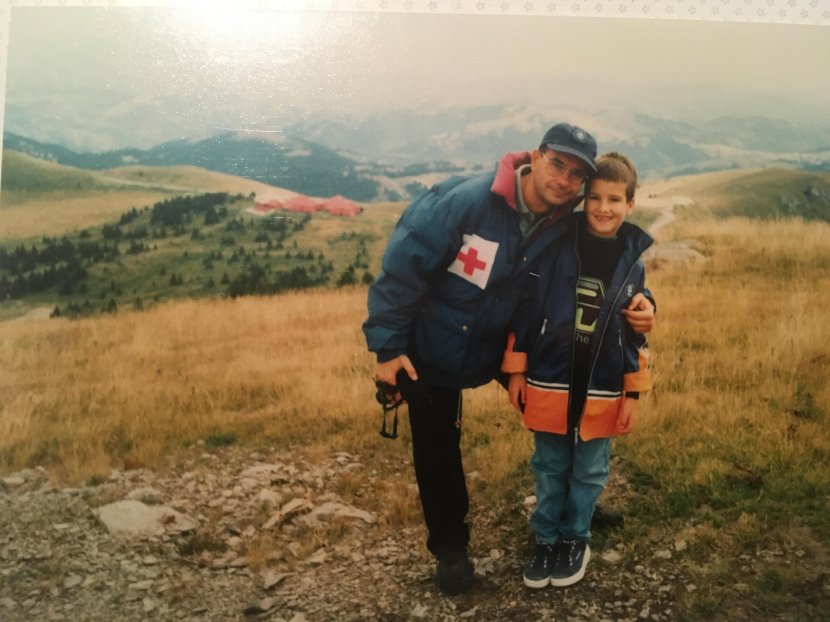
Then there were years of condemnation, within the doctor profession, and in friendship circles.
- Some of the people who were our friends stepped away, to stay safe, so they don't have to help. Somehow we remained along. We always knew that and we always said that there were just the two of us. Even the mother got tired because she was afraid the most. We were somehow two crazy people, dragging each other, encouraging each other "we will play and we will win", "play, win", "the top belongs to the bravest" - Andrej remembers with a smile.
They tried to keep up the smile and high spirits even when Borko was diagnosed with a serious disease, and it is suspected that it appeared due to the previous events. However, as they said, there was no time for surrender.
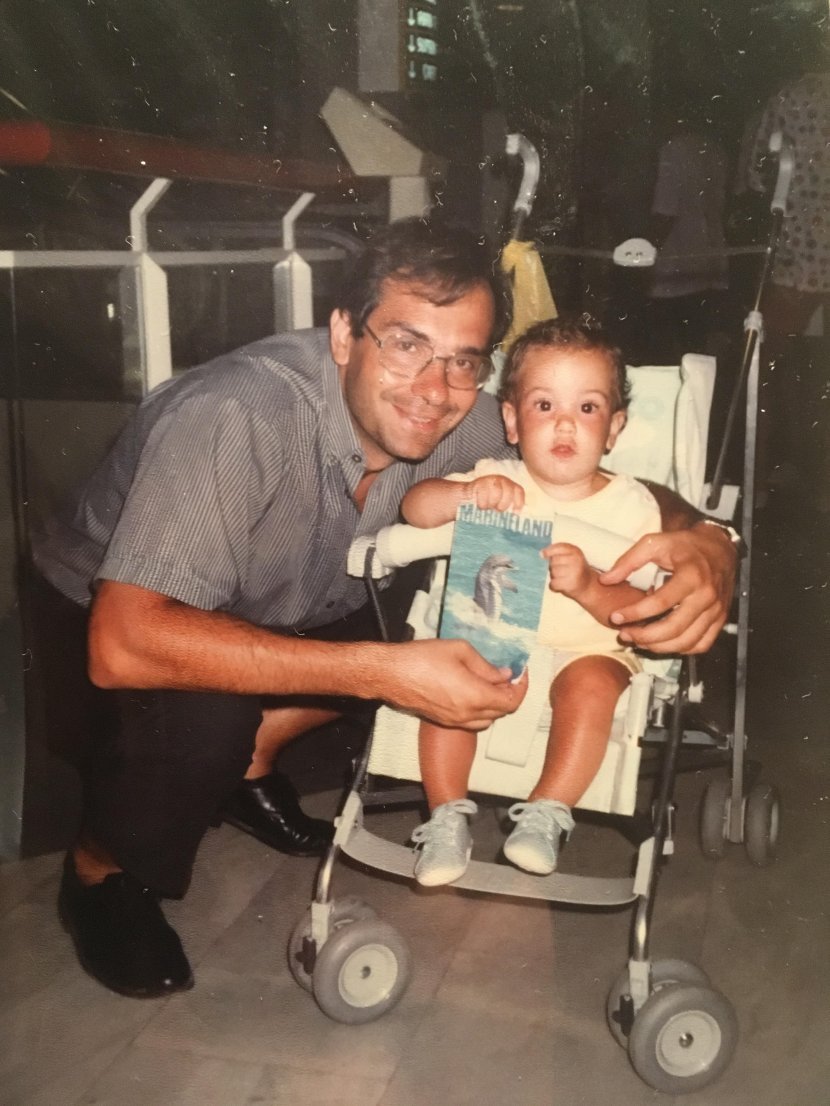
After the treatment, he continued fighting the state. He submitted criminal charges to the First Basic Public Prosecutor's Office and the Higher Public Prosecutor's Office in Belgrade because he could not rest because the case "Ambulance" was closed.
After 13 years since he was proclaimed guilty, the high court in Belgrade reached an acquittal.
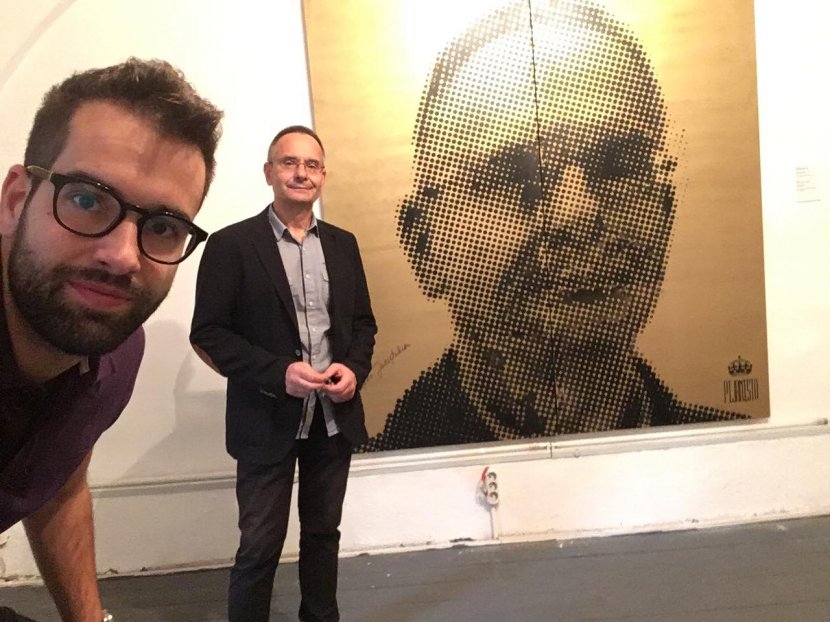
"The art that was born from rebellion"
A student of architecture and the later assistant at the Faculty of Architecture decided to become an artist, as he said, as a rebellion.
- Although I fought with my father and I tried to support him in every way in his fight against the state, I had to express my dissatisfaction in my own way. That was through art. I started drawing Graffiti, and I would write "I will sh*t myself", which expressed my attitude towards the current art status, and the status of the society in Serbia in general. As the years went by, my work became more and more recognized. One of the greatest recognitions were when words were published in the book "Street art and graffiti in Europe".
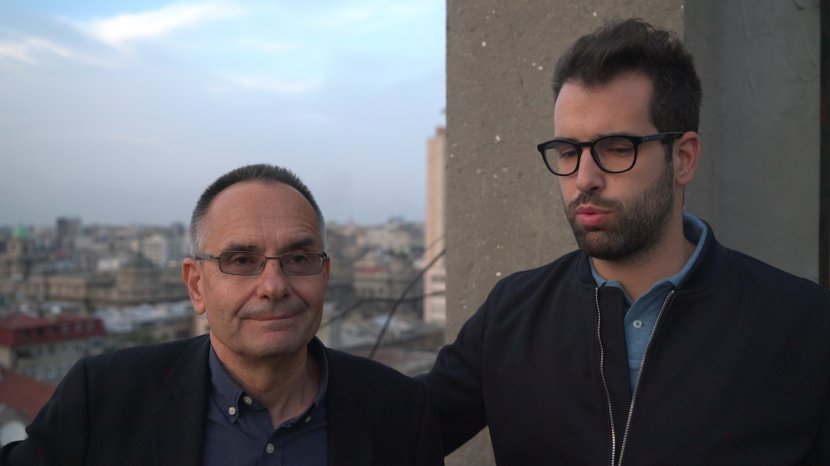
(Telegraf.co.uk / I. Nedic)
Video: Novinar Telegrafa "svat" na grčkoj svadbi: Oficiri nevestu svog kolege dočekali zveketom mačeva
Telegraf.rs zadržava sva prava nad sadržajem. Za preuzimanje sadržaja pogledajte uputstva na stranici Uslovi korišćenja.

